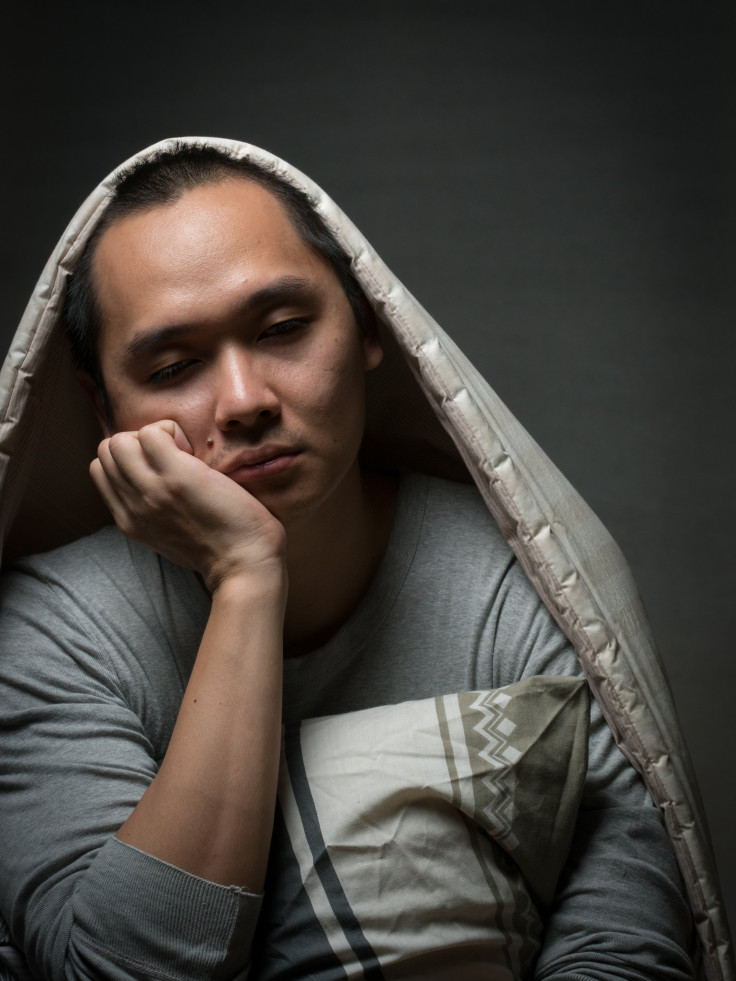Mental Health And Sleep Therapy: How Overcoming Insomnia May Help Treat Depression

The relationship between sleep and depression is complex, and is somewhat a “chicken or the egg” question: Does depression cause disrupted sleeping patterns, or is it the other way around? Now, new research on the effects of cognitive behavior therapy for insomnia (CBT-I) holds promising results: using talk therapy to overcome insomnia has positive effects on depression as well.
The sleep therapy — which requires seeing a therapist, regular waking and bedtimes, avoiding watching TV or reading in bed, as well as putting an end to daytime naps — may point scientists in the right direction for developing one of the most effective treatments for depression since antidepressant medication. The New York Times claims that if the results of further studies on sleep therapy continue to be positive, “the advance will be the most significant in the treatment of depression since the introduction of Prozac in 1987.”
More than half of the 18 million Americans plagued with depression also have insomnia — the inability to sleep — but scientists have not focused much on sleep patterns when researching depression until recently. “The body has complex circadian cycles, and mostly in psychiatry we’ve ignored them,” Dr. Andrew Krystal, who is in charge of running the CBT-I study at Duke, told The New York Times. “Our treatments are driven by conveniences. We treat during the day and make little effort to find out what’s happening at night.”
Research out of the Ryerson University in Toronto found that when patients were able to overcome their insomnia during four biweekly talk therapy sessions, 87 percent of them also reported minimized or completely dissolved depression symptoms. The researchers tested a group of them with antidepressants and another group with placebos, and both groups reported dissolved depression symptoms once their insomnia was resolved. Lead author Colleen E. Carney told The New York Times that “[t]he way this story is unfolding, I think we need to start augmenting standard depression treatment with therapy focused on insomnia.”
It goes without saying that a night of poor rest, plagued with tossing and turning, often leads to a day of fatigue and crabbiness. But when it comes to sleep’s relationship to depression, doctors and scientists previously thought that poor sleeping patterns were just a side effect of depression, and not the other way around. They now know that “the relationship is bidirectional,” Rachel Manber, a professor in the psychiatry and behavioral sciences department at Stanford, told The New York Times.
Research from 2008 highlighted the importance of sleep in people struggling with mental health issues, and found that people with insomnia had higher levels of depression and anxiety than those who did not have sleeping problems. The Sleep Foundation notes that the relationship between sleep and depression “is complex — depression may cause sleep problems and sleep problems may cause or contribute to depressive disorders … Sleep problems and depression may also share risk factors and biological features, and the two conditions may respond to some of the same treatment strategies.”
If the continuing research currently being completed at Stanford, Duke, and the University of Pittsburgh aligns with the most recent study, sleep therapy could be a promising new treatment for those whose sleeping problems worsen their depression. “It would be an absolute boon to the field,” Dr. Nadia L. Stotland, professor of psychiatry at Rush Medical College, told The New York Times. Dr. Stotland was not involved in the research. “It makes good common sense clinically. If you have a depression, you’re often awake all night, it’s extremely lonely, it’s dark, you’re aware every moment that the world around you is sleeping, every concern you have is magnified.”



























